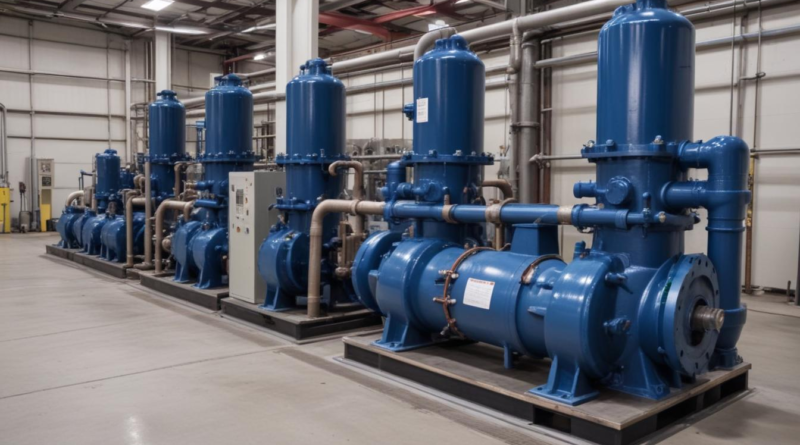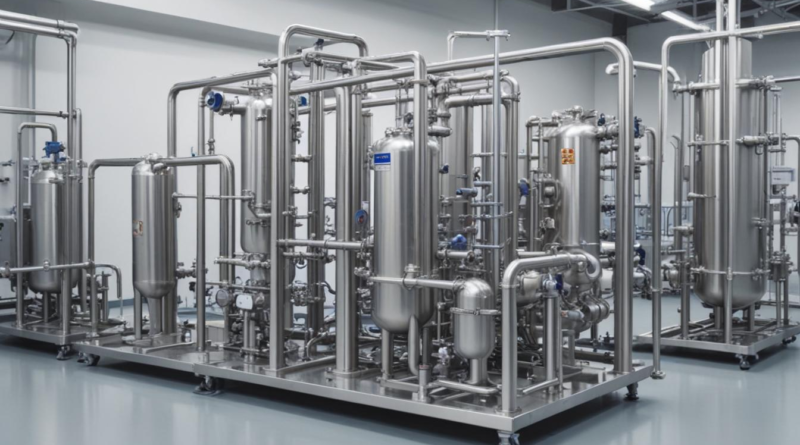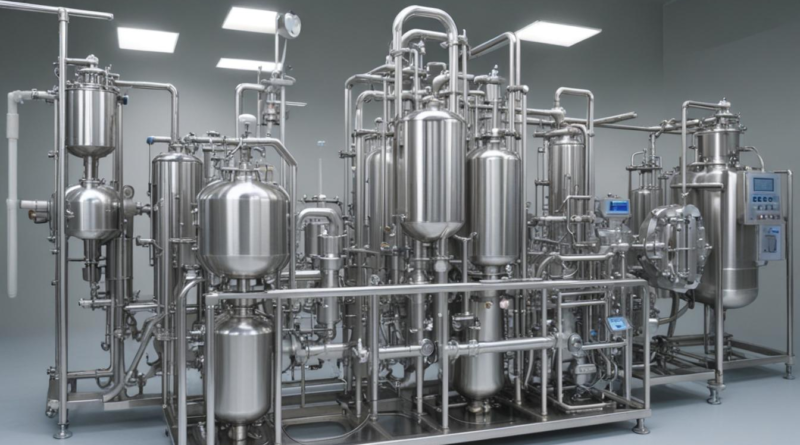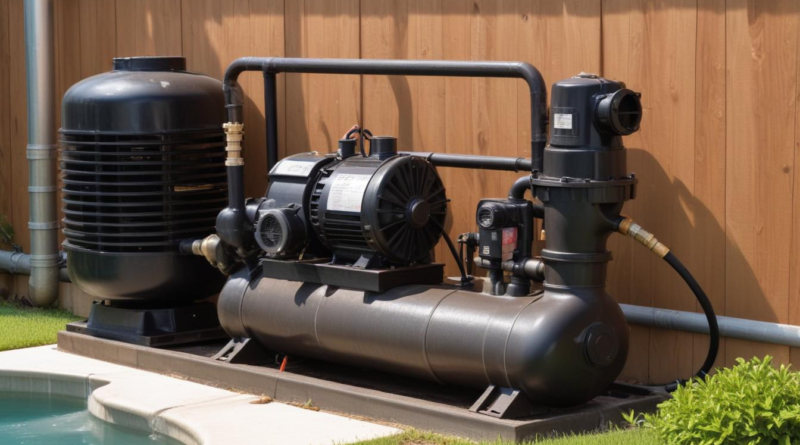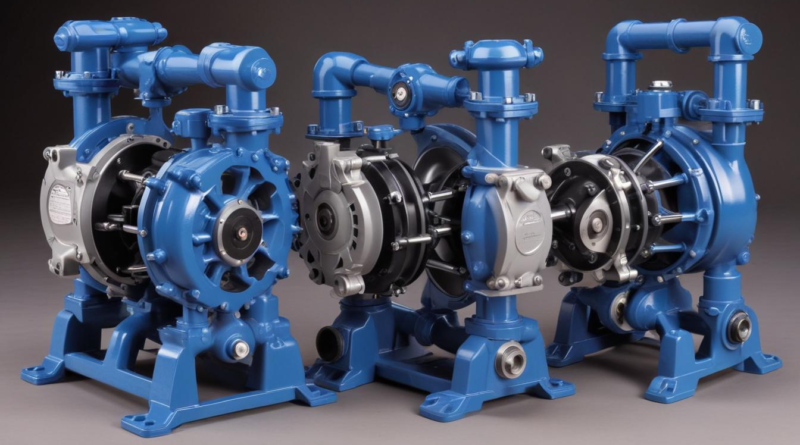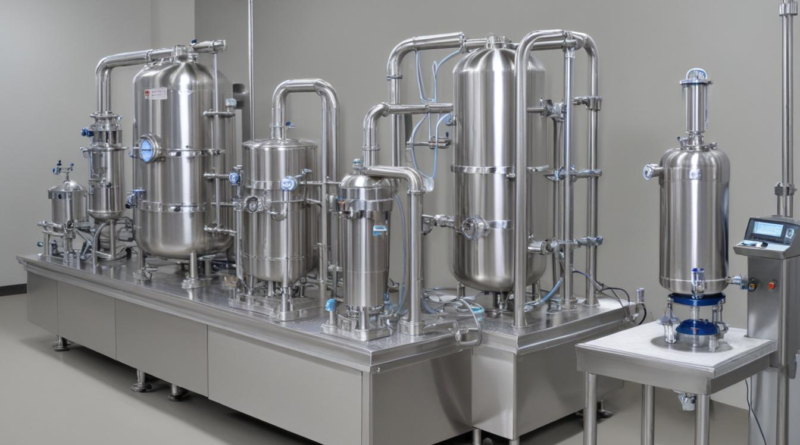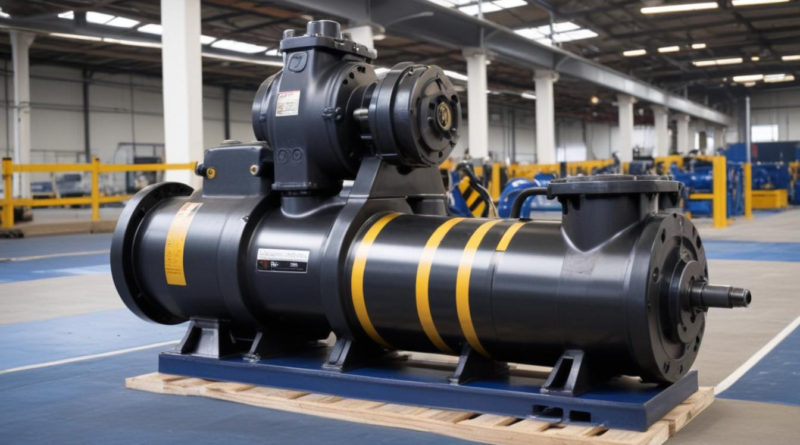how to perform pump thermal maintenance
Thermal pump systems are vital in industrial and commercial settings, efficiently transferring heat to sustain optimal operations. Comprising pumps, heat exchangers, control units, sensors, and piping, these systems rely on precise maintenance to ensure reliability and longevity. Effective thermal management involves understanding the interaction of these components, implementing robust safety measures, and utilizing advanced monitoring technologies. Mastery of these elements enhances energy efficiency, minimizes downtime, and supports sustainable, cost-effective operations.
Read More
